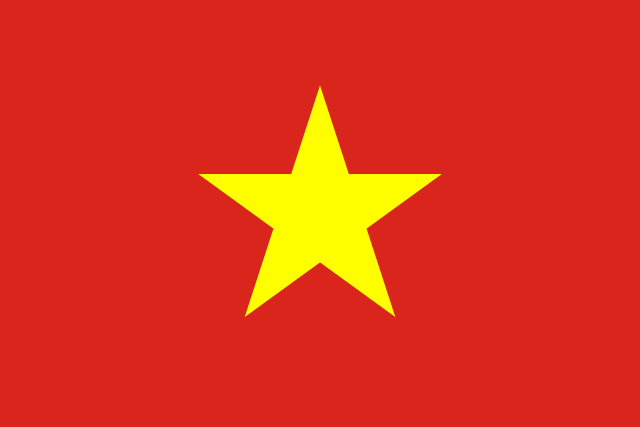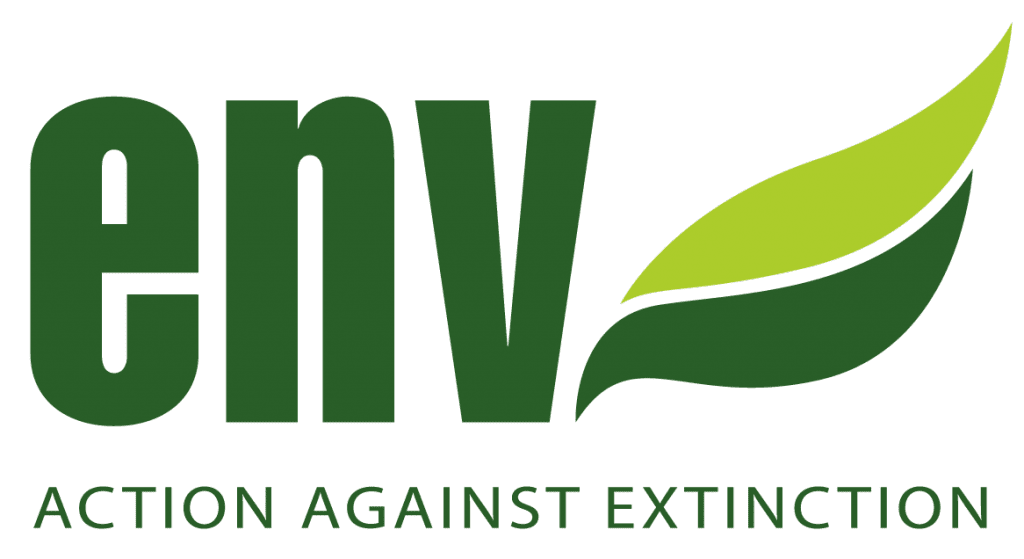New PSA shines a spotlight on how ugly it is to wear ivory
Hanoi, March 28, 2023 – Today, Education for Nature – Vietnam (ENV) released a Public Service Announcement (PSA) challenging the belief that elephant ivory is a symbol of luxury and good fortune. African elephants are frequently poached for their tusks to meet demand in China and Vietnam, and this PSA strives to reduce demand for […]
New PSA shines a spotlight on how ugly it is to wear ivory Read More »

